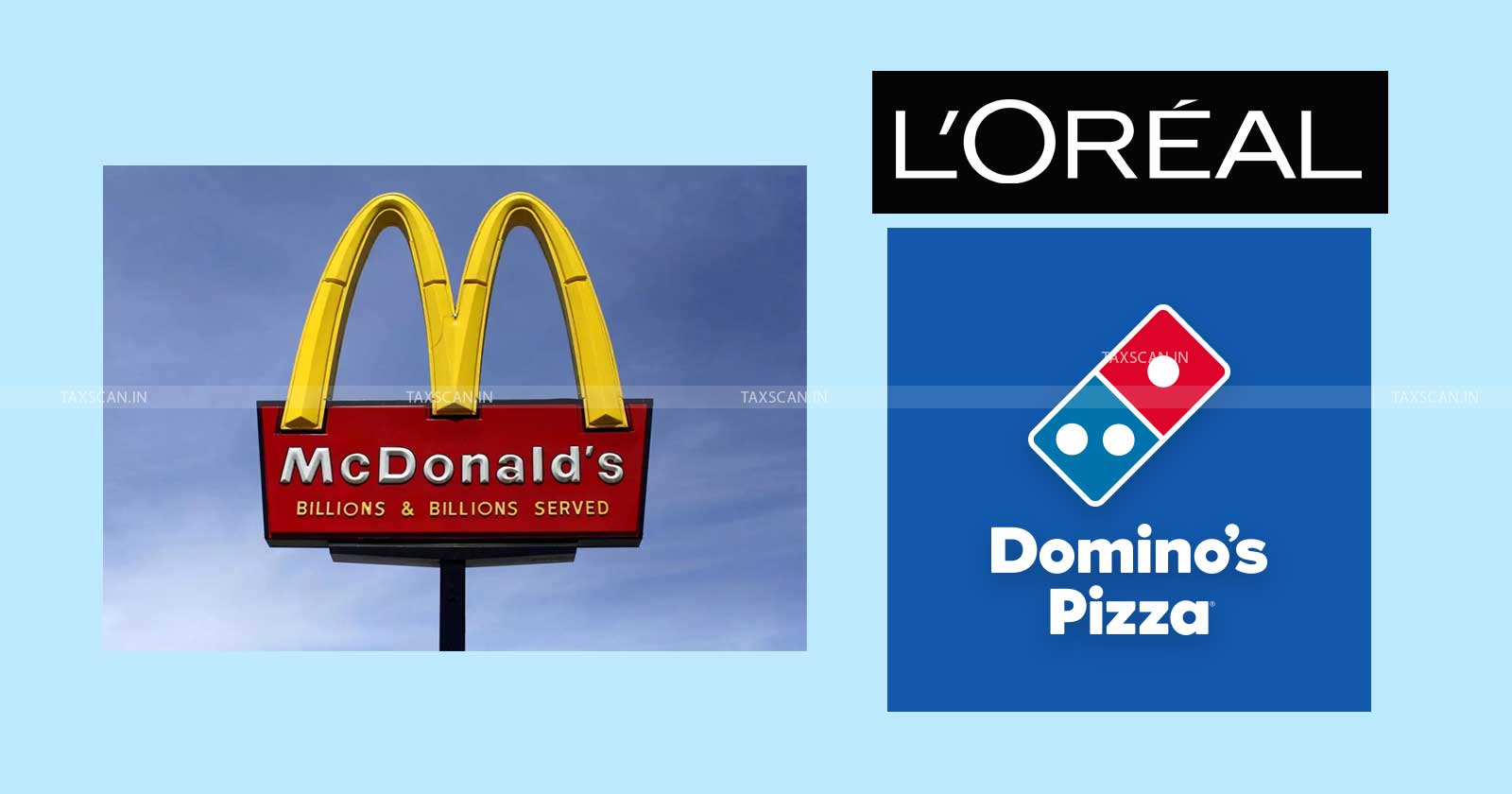McDonald’s India, L'Oreal, Domino's and 200 others to face Rs. 3,000 crore Tax Demand for F.Y. 2011-2015

McDonald’s -India-L’Oreal-Domino’s – crore- Tax- Demand – F.Y-TAXSCAN
McDonald’s -India-L’Oreal-Domino’s – crore- Tax- Demand – F.Y-TAXSCAN
International brands will be required to pay a tax demand of Rs. 3,000 crores for the period spanning from 2011 to 2015, under the tax system that was in place before the implementation of the Goods and Services Tax (GST). The receivers includes McDonald’s India, L'Oreal, Domino's Pizza, Colgate Palmolive, Castrol, Whirlpool and 200 other companies.
Over the last six months, tax authorities have issued notices. However, the companies have argued that they should not be subject to taxation for the same item under both "goods" and "services" categories. As a result, they have taken their case to multiple high courts and the Supreme Court, reported the ET.
Various state governments have levied value-added tax (VAT) on the transfer of intellectual property rights (IPRs) for franchisee services. Several state authorities are classifying these IPRs as "goods" and applying VAT to them.
States including Madhya Pradesh, Tamil Nadu, Gujarat, Uttar Pradesh, and Maharashtra have issued such notices. Certain companies have mentioned that they have already paid service tax for these transactions.
An Intellectual Property Right (IPR) is inherently considered a "Good," but when someone is granted a license to use the IPR, it is categorized as a "service." IPR represents the property of its creator, and when the creator permanently transfers these rights, it is regarded as a "Goods transaction”.
Under the GST regime, permanent transfer is 18%. However, if the transfer is temporary, it falls under the classification of a "Services transaction."
Abhishek A Rastogi, the legal representative for the affected taxpayers who received the notices, asserted that it is not permissible to classify these items as both goods and services and subject them to double taxation.
The introduction of Goods and Service Tax (GST) on July 1, 2017, marked the replacement of a majority of India's indirect taxes with this new taxation system, effectively streamlining the tax structure in the country.
The major difference between the VAT and GST is the uniform rate of taxes. Under the VAT system, the VAT rate and the taxation laws were different in different states which was more difficult to comply with. Under the present GST regime, the rate is uniform under four different Acts – Central GST Act, State GST Act, Integrated GST Act and Union Territory GST Act.
An official from the Central Board of Indirect Taxes and Customs (CBIC) has conveyed that the demand being raised is related to the period before the implementation of GST, and authorities are currently awaiting the guidance from the Supreme Court reported ET.
Support our journalism by subscribing to Taxscan premium. Follow us on Telegram for quick updates


